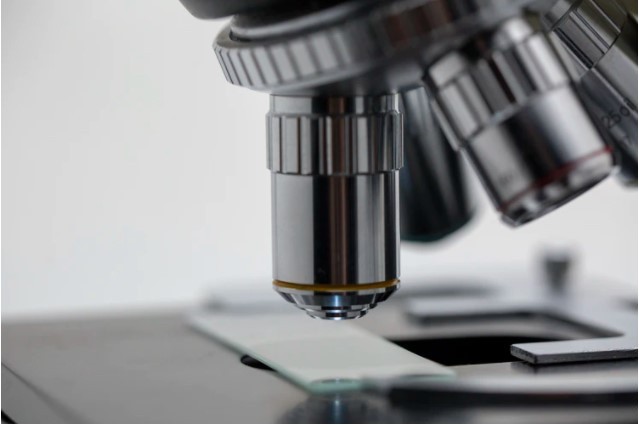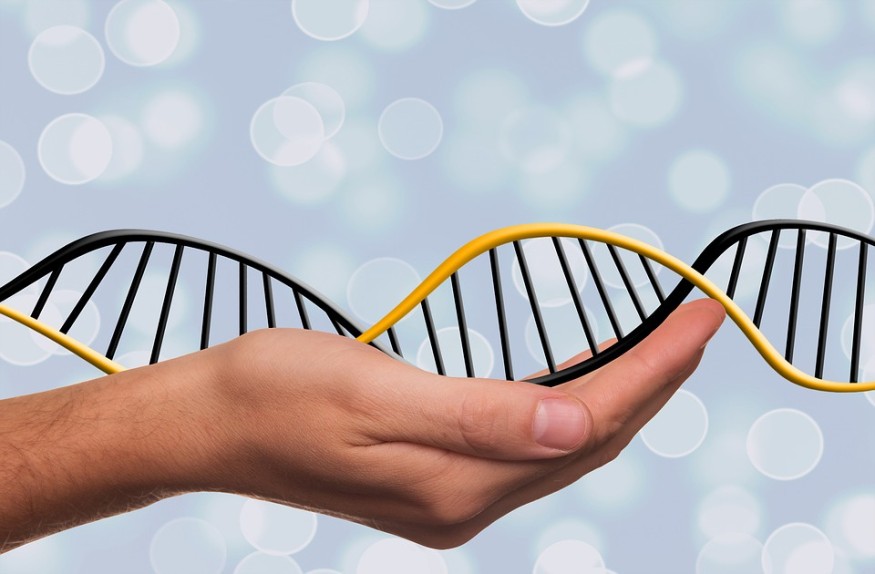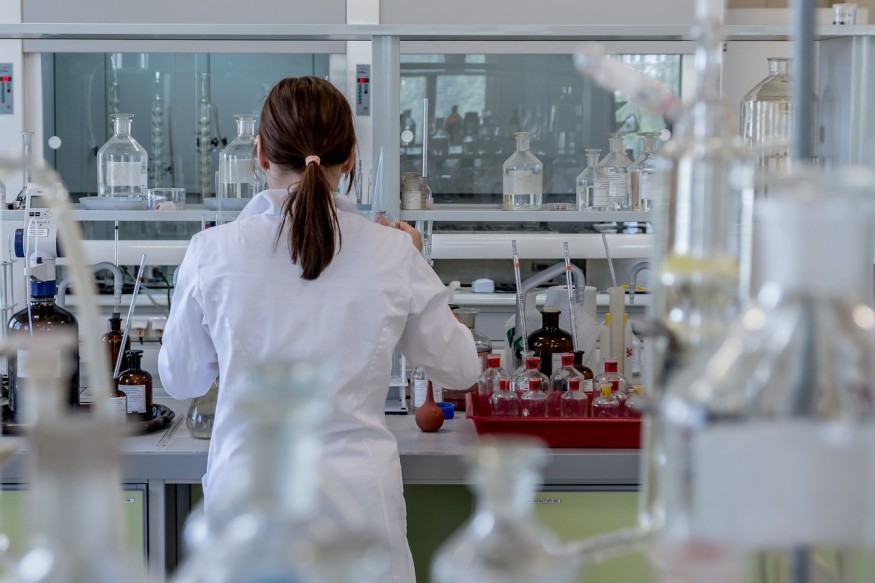After a study has established that monkey embryos containing human cells were generated in a lab, the long-running ethical discussion on chimeras gained attention once more.

The study, conducted by a US-Chinese team, has reignited controversy about the ethics of such subjects.
Human stem cells, which can transform into various body tissues, were inserted into macaque embryos by the researchers.

The embryos were observed for up to 20 days as they developed.
Human cells were inserted into sheep and pig embryos in the past to create so-called mixed-species embryos or chimeras.
Their research could help researchers better understand early human growth, disease progression, and aging, as well as solve the extreme scarcity of transplantable organs, he said.
Chimera
Genetic chimerism, also known as a chimera, is a single organism made up of cells with several genotypes. In species, this refers to an organism originating from two or more zygotes. It might include blood cells of various blood types, minor differences in structure (phenotype), and even the possession of both female and male sex organs if the zygotes were of different sexes.
Ethical Discussion

Human pluripotent stem cells have made it possible to study the role of human cells and tissues in animal hosts, leading to the development of chimeras. While such research lines hold great promise for both fundamental and translational science, they also pose specific ethical concerns that must be addressed.
Many scientists have expressed reservations about the procedure, claiming that although the embryos, in this case, were killed after 20 days, others might attempt to continue the research.
They're asking for a general discussion on the consequences of making chimeras that are part human and part nonhuman.
Dr. Anna Smajdor, lecturer and specialist in biomedical ethics at the University of East Anglia's Norwich Medical School, commented on the study, saying it presented "serious ethical and legal problems."
She continued, "These chimeric embryos, according to the researchers, open up new possibilities because "we are unable to perform those kinds of experimentation in humans." However, it is unclear if these embryos are human or not."
Possibility of a "Human-Nonhuman Chimeras"
Human-animal chimeras are also being used in many different types of experiments. Jacob Hanna's lab recently used the mouse embryo as an in vivo method to assess human pluripotent stem cells' ability, producing chimeras by microinjecting hESCs or iPSCs into the mouse morula and analyzing the chimeric embryo shortly after. The ethical issues here are restricted since the tests were limited to early embryos (10 days; below the limit permitted for testing on human embryos). Although, it's likely that central nervous system (CNS) tissue containing both mouse and human cells could be discovered in this chimera.
The research "opens Pandora's box to human-nonhuman chimeras," according to Prof Julian Savulescu, head of the Oxford Uehiro Centre for Practical Ethics and co-director of the Wellcome Centre for Ethics and Humanities at the University of Oxford.
He continued, "Although these embryos were killed after 20 days, it is only a matter of time before human-nonhuman chimeras are successfully created, perhaps as a supply of organs for humans. This is one of the research's long-term objectives."
Though "substantial strides" are being made in the embryo and stem cell science, which may lead to similarly significant benefits, Sarah Norcross, director of the Progress Educational Trust, says, "there is a strong need for public dialogue and discourse regarding the ethical and legislative issues posed."
Also Read : Scientists Double Effort to Find Possible Next Pandemic, Caused by Other Zoonotic Diseases
For similar news, don't forget to follow Nature World News!
© 2026 NatureWorldNews.com All rights reserved. Do not reproduce without permission.





